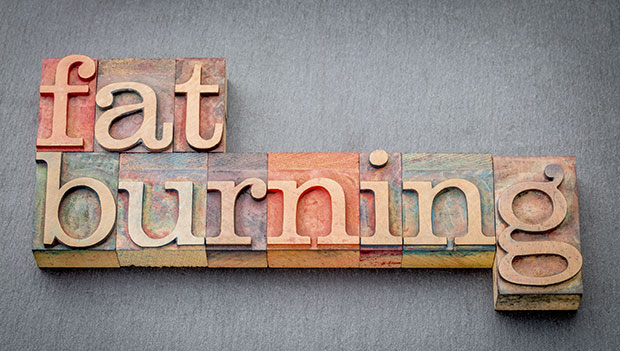
Running, a timeless and accessible form of cardiovascular exercise, has long been hailed for its numerous health benefits. Among the most frequently asked questions in fitness circles is whether running effectively burns fat and contributes to weight loss. Let's delve into the intricacies of this topic to uncover the science behind running as a potential fat-burning and weight-loss tool.
1. Caloric Expenditure:
Running is a high-intensity aerobic exercise that demands significant energy expenditure. As you run, your body burns calories derived from both carbohydrates and fat. The more intense the run, the greater the overall caloric burn, contributing to a potential calorie deficit necessary for weight loss.
2. Afterburn Effect:
One notable advantage of running is the "afterburn" or excess post-exercise oxygen consumption (EPOC) effect. After a run, your body continues to burn calories to restore oxygen levels and repair muscle tissue. This post-run calorie burn can contribute to weight loss over time.
3. Fat Oxidation:
Running engages your aerobic energy system, encouraging the utilization of fat as a fuel source. However, the proportion of fat burned relative to carbohydrates depends on factors such as exercise intensity and duration. Longer, moderate-intensity runs may optimize fat oxidation.
4. Metabolic Rate Boost:
Regular running can elevate your resting metabolic rate, which refers to the number of calories your body burns at rest. This heightened metabolic rate, coupled with the potential muscle gain from running, contributes to increased overall calorie expenditure.
5. Interval Training and Hormonal Impact:
Incorporating interval training into your running routine can enhance fat burning. Intervals involve alternating between high and low-intensity segments, triggering a hormonal response that encourages fat mobilization and metabolism.
6. Weight Loss Considerations:
While running can contribute to weight loss, it's essential to pair it with a balanced diet. Nutrition plays a pivotal role in achieving a sustainable calorie deficit for effective weight loss. Running alone cannot compensate for poor dietary habits.
7. Individual Variations:
Each individual's body responds differently to running and weight loss. Factors such as genetics, age, and overall health influence the efficacy of running as a fat-burning and weight-loss strategy.
8. Consistency and Patience:
Weight loss is a gradual process that requires consistency and patience. While running can be a valuable tool, it's crucial to approach it as part of a holistic lifestyle that includes proper nutrition, hydration, and sufficient rest.
Conclusion:
In essence, running can be a potent ally in the pursuit of fat loss and weight management. When combined with a well-rounded approach including a healthy diet and lifestyle, running becomes a sustainable and effective tool for achieving and maintaining a healthy weight. It's not just about the miles you log but the holistic commitment to a balanced and mindful approach to health and fitness.
Check Out The Latest Running Deals from Amazon!
By clicking on the product links in this article, we may receive a commission fee at no cost to you, the reader. Sponsorships and affiliate commissions help support our research so we can help you find the best products. Read full affiliate disclosure here.
Why Trust Us?
ACTIVE.com's editorial team relies on the knowledge and experience of fitness and wellness experts including competitive athletes, coaches, physical therapists, nutritionists, and certified trainers. This helps us ensure the products we feature are of the highest standard. Collectively, the team has spent countless hours researching equipment, gear, and recovery tools in order to create the most accurate, authentic content for our readers. Customer satisfaction is also a key part of our review process, which is why we only feature products that are highly rated.

